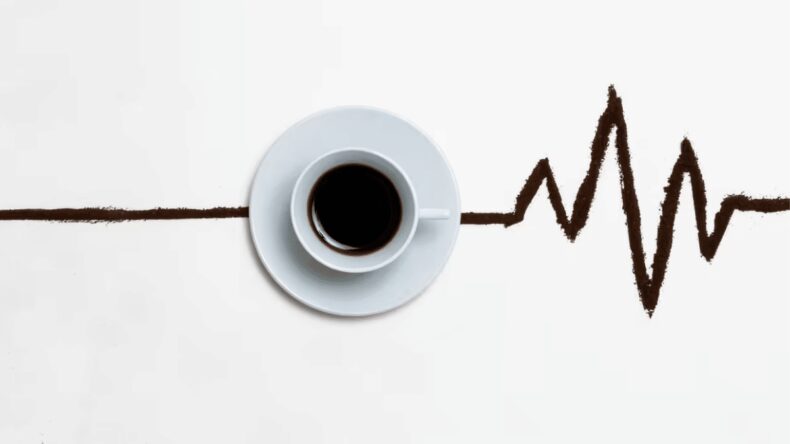Caffeine consumption was linked to heart arrhythmias, altered heart rate variability, and elevated cardiovascular risk
Atrial fibrillation (AF) is a significant global public health issue. With 2.2 million cases in the United States and 4.5 million in the European Union, atrial fibrillation (AF) is the most prevalent arrhythmia in clinical care.
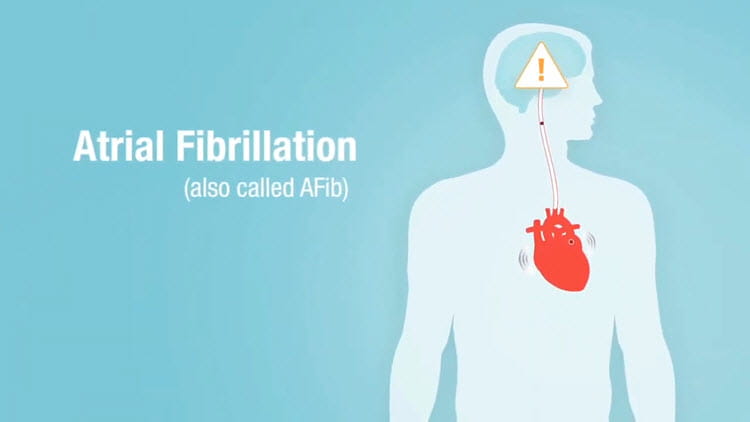
Highlights
Atrial Fibrillation
Atrial fibrillation is an irregular and usually very rapid heart rhythm (arrhythmia) that can cause cardiac blood clots. One of the frequent and deadly side effects of AF is stroke. It frequently results in long-term disabilities, such as cognitive dysfunction. About one-third of those who have AF are asymptomatic. In these people, AF might not be diagnosed until symptoms appear, and stroke may be the first sign of AF manifestation in them.
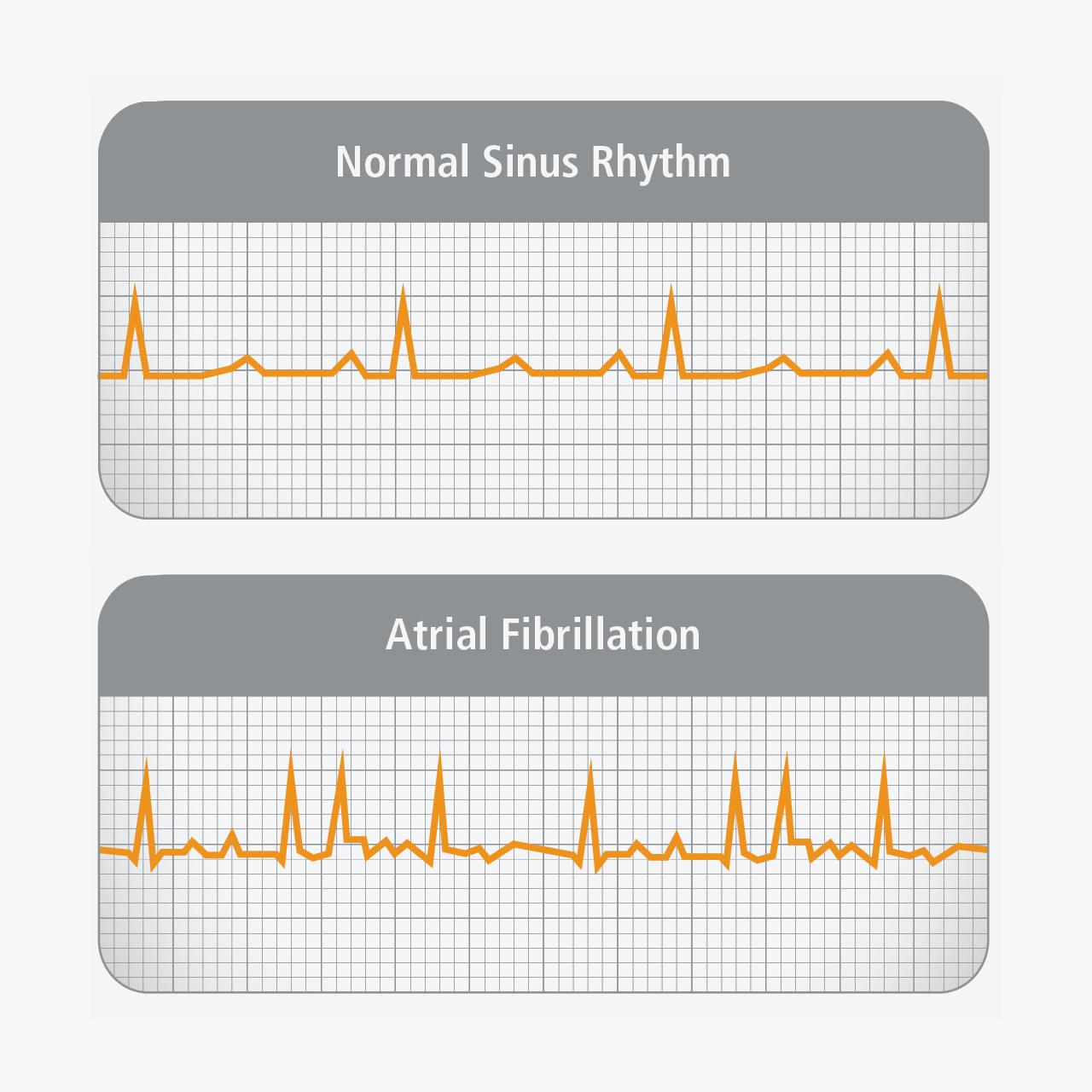
Recent global epidemiological statistics have confirmed that AF is an epidemic that affects long-term morbidity and mortality globally. Atrial fibrillation is a public health issue since patients with it have a 5-fold higher risk of stroke than those without it. A person with atrial fibrillation may also experience atrial flutter, a similar heart rhythm issue.
Caffeine, Coffee, and Atrial Fibrillation
The most popular behaviorally active chemical in the world is caffeine, which is nearly exclusively obtained by dietary means, mostly through coffee, chocolate bars, cocoa beverages, tea, and in recent times, energy drinks (ED). Studies linking coffee, caffeine, and atrial fibrillation have shown conflicting results. Numerous distinct chemicals, such as lipids, carbohydrates, minerals, vitamins, alkaloids, and phenolic compounds, may be found in coffee. Caffeine, on the other hand, has been identified as the primary factor in how coffee affects the cardiovascular system.
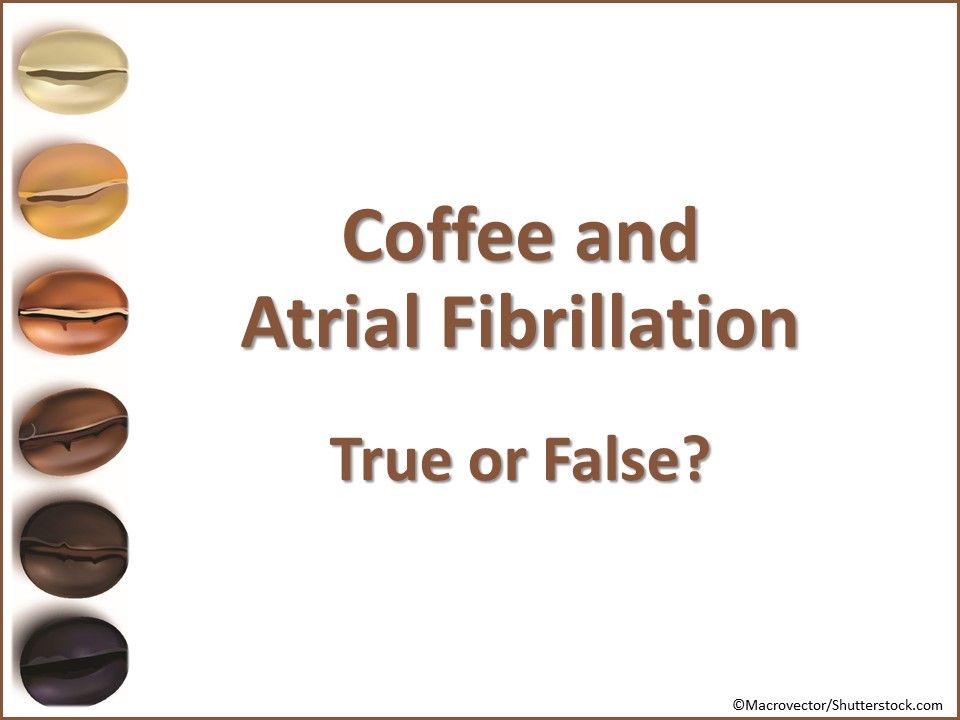
Studies on human atrial myocytes from AF patients indicate that adenosine-mediated signaling pathways may enhance spontaneous sarcoplasmic reticulum calcium release and may play a role in the development of AF. Caffeine may influence atrial fibrillation by causing neurohormonal stimulation and sympathetic activation, and non-habitual coffee consumers may see an increase in these effects.
Research Method and Result
In a recent study, researchers found a link between drinking coffee and the occurrence of atrioventricular fibrillation. Coffee intake in individuals was measured with the help of self-reported food frequency questionnaires. Annual surveys were used to measure the prevalence of AF, and a subsample’s evaluation of medical records served as validation.
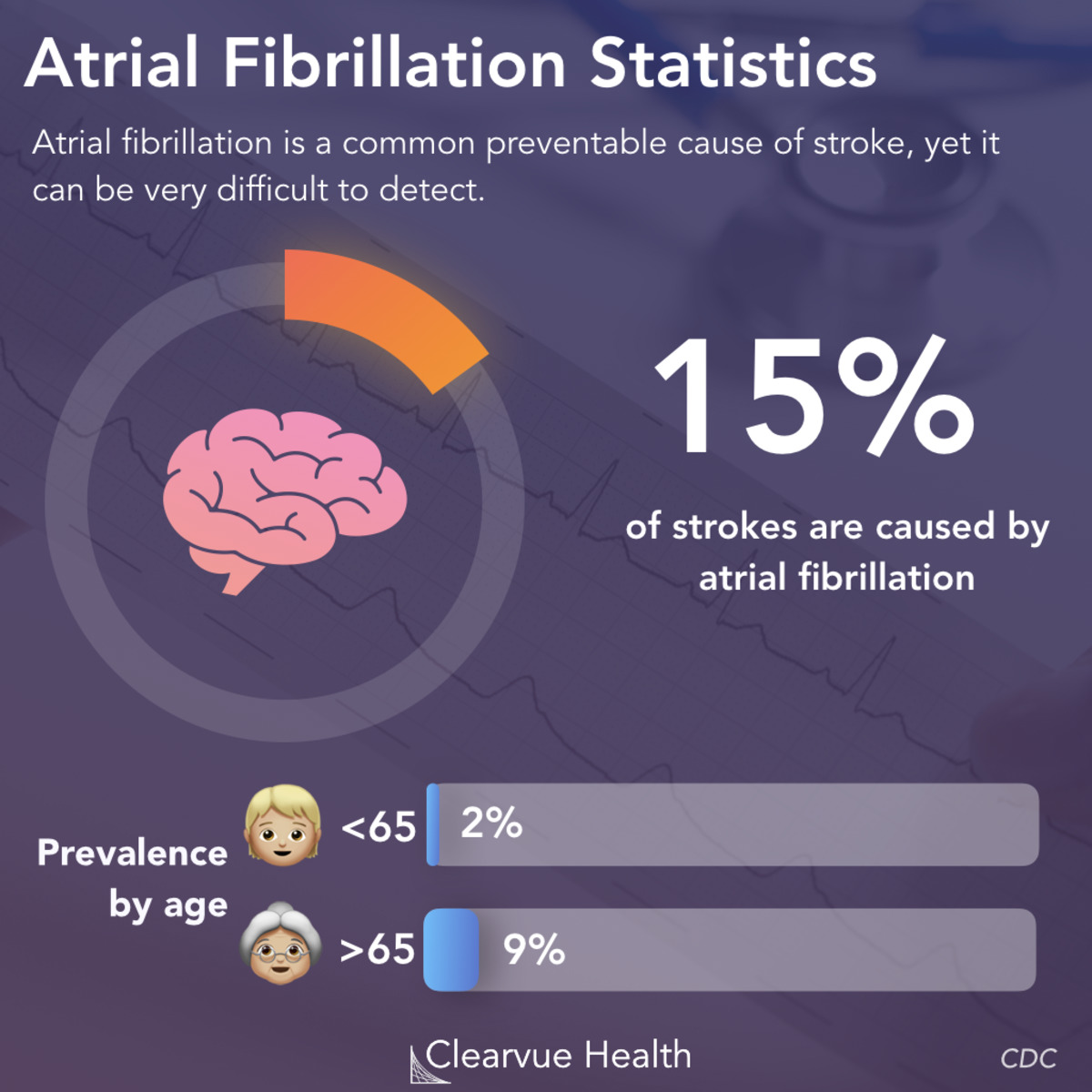
Statistical Analysis
The primary analysis consisted of three groups; non-consumers, consumers taking 1 to 3 cups/month, and consumers taking more than 1 cup/week. For the secondary analysis, the researchers divided the cohorts into nine groups that gradually increased their coffee intake.
Age, gender, smoking, high blood pressure, diabetes, and alcohol use were six possible confounders that were taken into account in a multivariate Cox proportional hazards regression model.
Subjects who consumed more than 1 cup/week showed increased indications of AF; the relative hazard ratio was 1.40. ( compared to non-consumers). The group that drank the most coffee (more than 6 cups/week) had the highest incidence of atrial fibrillation (9.8%).
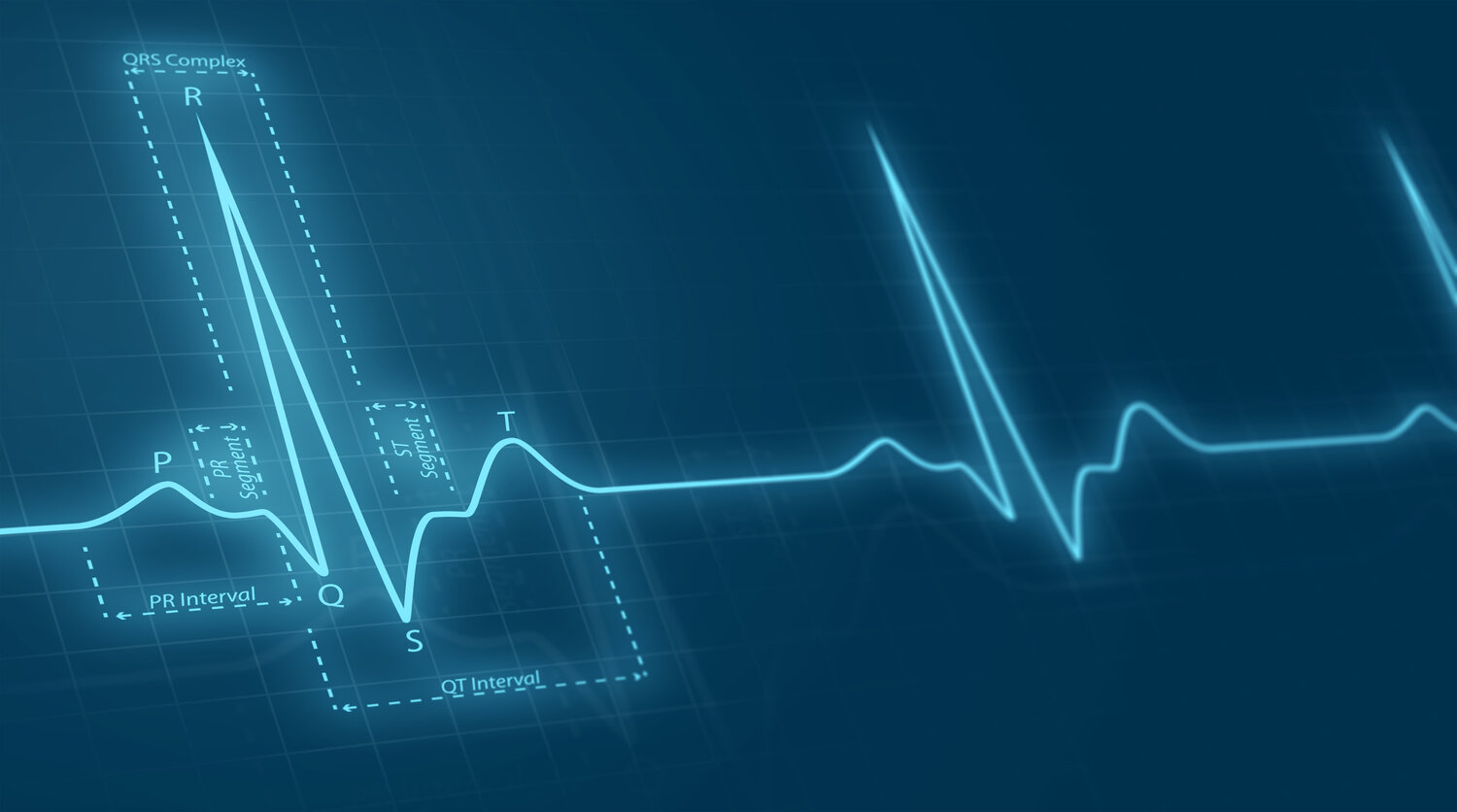
The stratification of the results by race and ethnicity suggests that White and Hispanic subgroups may have been more influential than black or Chinese American subgroups in determining the outcome.
Several limitations of this experiment include; self-reported data on coffee consumption was only obtained once at baseline, residual and unmeasured confounding may have had an impact on the outcome, and the sample size might not have been large enough to find connections in certain subgroups.
Although its pathophysiology has been extensively described, little is known about the process behind electrical alterations and the potential triggers. Several other researchers assessed the immediate effects of coffee on heart rate and came to conflicting conclusions.







